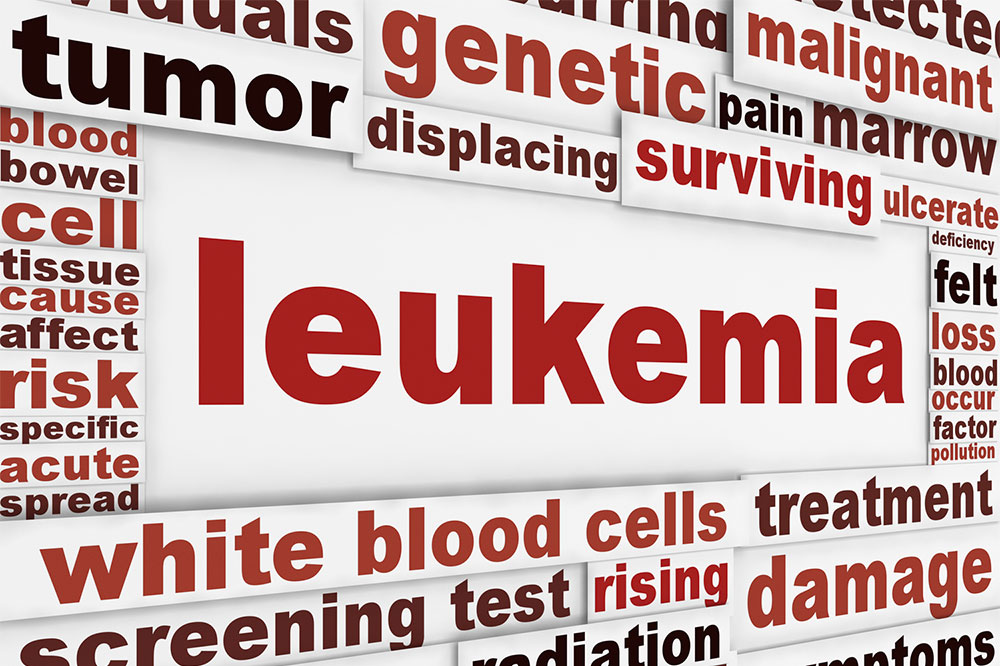Understanding Allergies: Causes, Types, and Treatment Options
This article explores the causes, types, and treatment strategies for allergies. It highlights common allergens like pollen, foods, and animal dander, discusses allergy categories, and emphasizes the importance of proper diagnosis and medical consultation for effective management. Learn how allergies impact health and the latest insights into allergy testing and treatment options.
Sponsored

Allergies are heightened immune reactions to foreign substances such as pollen, medications, or foods. These substances, known as allergens, trigger reactions when they enter or contact the body. Allergies are widespread globally and increasingly common, especially in children. Studies indicate that in the US, approximately 8% of children suffer from food allergies.
Causes of Allergies
When exposed to an allergen, the immune system releases immunoglobulin E (IgE) antibodies to fight it, leading to allergic reactions. Various chemicals produced in the body during this process cause symptoms.
Common allergy types include:
Pollen allergy: Contact with pollen can cause respiratory issues, skin rashes, and sneezing.
Medication allergy: Unusual reactions triggered by specific medicines.
Food allergy: Immune response to certain foods, resulting in symptoms like swelling and vomiting.
Animal allergy: Allergic reactions caused by pet dander, saliva, or urine.
Seasonal allergy: Symptoms like watery eyes and sneezing occur with seasonal changes.
Latex allergy: Reaction to proteins in latex rubber, leading to skin irritation.
These conditions fall into four categories:
Respiratory allergies: Includes hay fever, dust, pet dander, and seasonal allergies, causing breathing difficulties and nasal congestion.
Food allergies: Reactions to milk, nuts, eggs, wheat, and seafood, with symptoms like mouth itching and swelling.
Skin allergies: Cosmetically induced reactions, hives, contact dermatitis, and insect bites causing skin irritation.
Other allergies: Eye allergies, aspirin sensitivities, and other sporadic reactions.
Diagnosis and Treatment
Genetics may play a role in allergies, with familial history increasing risk. Symptoms and severity differ, requiring personalized treatment. Accurate diagnosis through skin tests, blood tests, symptom diaries, elimination diets, and specific allergy tests is essential. Recent studies reveal that 1 in 5 Americans experiences some form of allergy, which can sometimes be life-threatening like anaphylaxis or asthma. Consulting a healthcare professional is crucial for proper management and relief.






